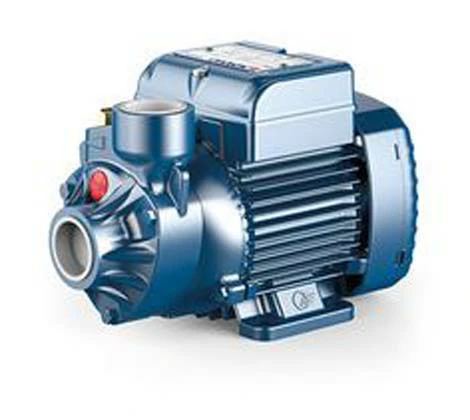Pumps play a crucial role in the construction industry, serving a wide range of applications that are essential for the successful completion of various projects. From transferring water and other fluids to dewatering construction sites, pumps are indispensable tools that contribute to the efficiency and effectiveness of construction processes. In this article, we will explore the significant roles that pumps play in the construction field, their diverse applications, and the types of pumps commonly used in construction projects.
Water Transfer
One of the primary applications of pumps in the construction field is the transfer of water. Construction sites often require water for various purposes such as mixing concrete, dust control, and general site maintenance. Pumps are used to extract water from nearby sources such as rivers, lakes, or reservoirs and transport it to the construction site. This process ensures a reliable supply of water, allowing construction activities to proceed smoothly without interruptions.
Dewatering

Construction projects often encounter water accumulation due to rainfall, groundwater seepage, or natural water sources. Excess water can impede construction progress and cause safety hazards. Pumps are employed for dewatering purposes to remove accumulated water from excavation sites, trenches, and foundations. By effectively managing water levels, pumps help maintain a dry and stable working environment, enabling construction activities to continue without delays.
Concrete Pumping

In construction projects involving concrete structures, the use of concrete pumps is essential for efficient and precise placement of concrete. Concrete pumps facilitate the direct transfer of liquid concrete to the designated areas, including high-rise buildings, foundations, and hard-to-reach locations. This method improves productivity, reduces manual labor, and ensures uniformity in concrete placement, ultimately contributing to the quality and durability of the constructed elements.
Slurry Handling
Certain construction activities, such as tunneling, drilling, and pipeline installation, generate slurry—a mixture of water, soil, and other solids. Pumps designed for handling slurry are utilized to transport and dispose of slurry materials, preventing environmental contamination and maintaining site cleanliness. Slurry pumps are engineered to withstand abrasive and viscous materials, making them vital for managing byproducts generated during construction operations.

Types of Pumps
Several types of pumps are commonly used in the construction field, each designed for specific applications and operational requirements. Centrifugal pumps, diaphragm pumps, submersible pumps, and piston pumps are among the widely utilized pump varieties in construction projects. Centrifugal pumps are favored for their ability to handle large volumes of water, while diaphragm pumps excel in handling abrasive and viscous fluids. Submersible pumps are essential for dewatering applications, capable of operating underwater without compromising performance. Piston pumps, known for their high-pressure capabilities, are commonly used in concrete pumping and pressure grouting operations.
In conclusion, pumps are integral components of the construction industry, serving diverse functions that are crucial for project success. Through water transfer, dewatering, concrete pumping, and slurry handling, pumps contribute to the smooth and efficient execution of construction activities. The selection of appropriate pump types and proper maintenance are essential considerations to ensure optimal performance and sustainability throughout the duration of construction projects. As construction methods and technologies continue to advance, the role of pumps in the industry remains indispensable, driving progress and innovation in the built environment.
